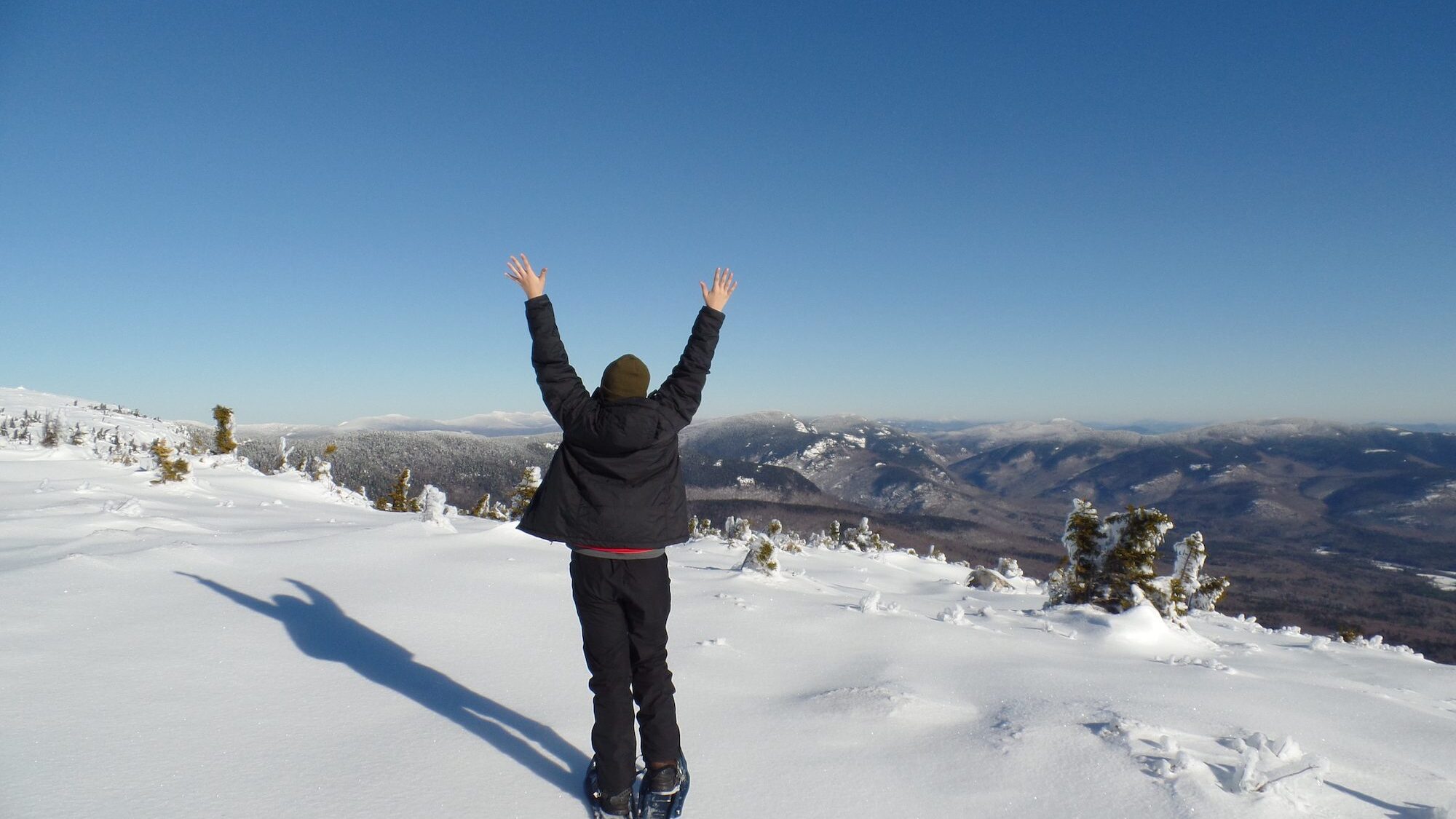Since 1996 Summit Achievement has helped young people and their families address the challenges of mental health issues. In the last decade of our operations, Summit has seen a surge in requests for help for young people struggling with anxiety and other related disorders. Summit continues to craft our treatment program to meet the ongoing needs of young people challenged with anxiety. This is critical to our mission of helping young people as, according to the Centers for Disease Control, over 5.8 million teens in the United States suffer from an anxiety disorder.
Summit is uniquely suited to address the challenges of anxiety due to our hybrid-based behavioral healthcare model. Summit Achievement offers a unique approach to helping young people struggling with anxiety through our weekend adventure trips. Adventure Therapy at Summit involves outdoor activities to promote personal growth and well-being based on the Outward Bound model (learn more about Adventure Therapy at Summit).
The Benefits of Adventure Therapy for Anxiety. Growing evidence shows Adventure Therapy is effective for young people with anxiety. A meta-analysis by Dr. Mike Gass at the University of New Hampshire’s Outdoor Behavioral Healthcare Center found that Adventure Therapy significantly improved anxiety symptoms in youth. The study included 16 randomized controlled trials with 873 participants, and the results showed that Adventure Therapy was associated with reductions in anxiety symptoms across a range of populations and settings.
Weekly Adventure Therapy expeditions at Summit Achievement expose students to challenges and obstacles, such as hiking up a mountain or canoeing in a lake with a team of supportive field guides. Students are encouraged to do more than they think possible, such as summiting a mountain or paddling across a body of water. By overcoming a perceived obstacle, they face their fears, develop problem-solving skills, and build confidence in overcoming adversity.
One key benefit of Adventure Therapy for anxiety is that it provides an opportunity for Exposure Therapy. Exposure Therapy involves gradually exposing individuals to anxiety-provoking situations in a safe and controlled environment. Adventure Therapy exposes individuals to physical and emotional challenges in a supportive and structured setting. This helps them to build confidence, develop coping skills, and learn to manage their anxiety in real-life situations. Adventure activities such as hiking, rock climbing, ice climbing, backpacking, and canoeing can provide students with challenging situations that they may not have experienced before. By overcoming these challenges, students can develop a sense of achievement and increase confidence in their abilities.
Adventure Therapy also promotes the development of resilience, which is a critical factor in reducing anxiety. Resilience refers to an individual’s ability to adapt to stress and adversity. Adventure Therapy provides opportunities for young people to build resilience by facing challenges, problem-solving, and working collaboratively with others. Adventure Therapy can also help build a resilience mindset, which involves reframing challenges as opportunities for growth and learning rather than as sources of stress and anxiety. By adopting this mindset, individuals can build resilience to adversity and approach challenges positively and proactively. The skills developed through adventure therapy can be transferred to other areas of their lives, such as school, work, and relationships.

The Role of Nature in Adventure Therapy. In addition to the benefits of Exposure Therapy and resilience building, Adventure Therapy also takes advantage of the healing power of nature. Research has shown that spending time in nature can reduce stress, improve mood, and promote overall well-being. On our weekend “Expos,” youth are immersed in natural environments and engage in activities such as hiking, camping, and rock climbing. This can help reduce anxiety by providing a sense of calm and connection to the natural world and being disconnected from screen time such as gaming, social media, or etc.
Furthermore, nature can facilitate mindfulness and present-moment awareness, which are essential skills in reducing anxiety. Mindfulness involves paying attention to the present moment without judgment, and research has shown that mindfulness-based interventions can reduce anxiety symptoms. Adventure Therapy can provide opportunities for our clients to practice mindfulness through activities such as yoga and meditation in natural environments.
Adventure Therapy at Summit Achievement is effective in helping young people struggling with anxiety. It provides opportunities for exposure therapy, resilience building, and connection with nature, all of which can help to reduce anxiety symptoms. Summit Achievement’s Adventure Therapy program is a unique and evidence-based approach to treating anxiety in our clients.


